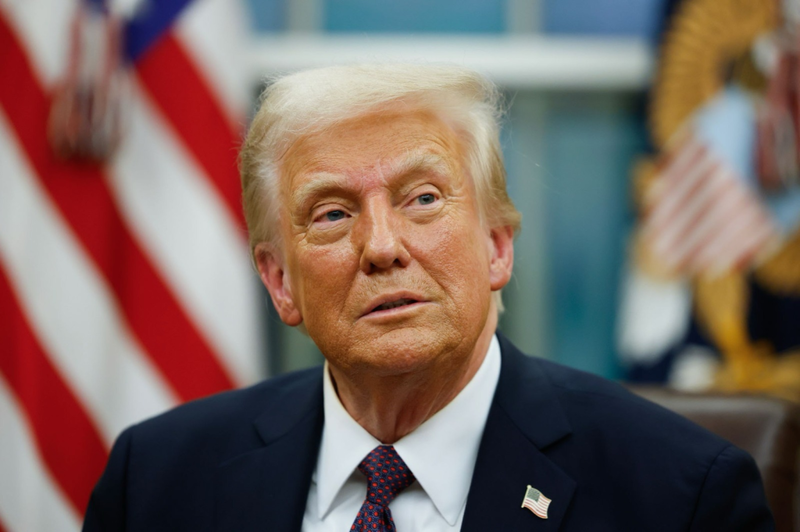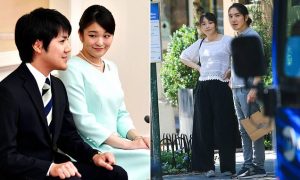
The Trump administration has announced plans to “aggressively” revoke visas of Chinese students studying in the United States, marking a significant escalation in its efforts to tighten immigration controls and limit foreign influence in critical academic fields. Secretary of State Marco Rubio stated that the administration will target Chinese students, especially those with ties to the Chinese Communist Party or those studying in sensitive disciplines such as semiconductor engineering and aerospace.
Rubio emphasized that the U.S. State Department will collaborate with the Department of Homeland Security to implement these visa cancellations and will revise visa application criteria to increase scrutiny of all future applicants from China and Hong Kong. This move follows earlier measures, including the suspension of new student visa appointments worldwide and enhanced social media vetting of applicants.
China remains the second-largest source of international students in the U.S., with over 270,000 Chinese students enrolled during the 2023-24 academic year. However, India has recently surpassed China in sending the highest number of students. Many U.S. universities rely heavily on tuition from international students, making this policy shift potentially impactful on higher education institutions.
The announcement has drawn criticism from China, which urged the U.S. to protect the rights of international students. Meanwhile, the Trump administration has also targeted elite universities like Harvard, accusing them of harboring anti-Semitism and promoting liberal ideologies, and has cut federal research funding to some institutions.
The policy has created uncertainty among prospective and current students, with some expressing concern about delays and the future attractiveness of U.S. higher education. Legal challenges have been mounted against some of the administration’s measures, but the crackdown signals a continued hardline stance on immigration and national security issues related to China.







